On tribal land along US-Mexico border, drug and human smuggling corrupts an ancient culture
President Trump’s proposed border wall has stoked fears for cross-border tribe.
From a distance, the border looks peaceful. Just some rusted pylons surrounded by a cactus-covered desert that stretches for miles in every direction.
But look closer, and the rugged landscape between the United States and Mexico starts to bustle with activity. The silent spinning of infrared scanners. The plume of dust launched by tires on a dirt road. The faint chop of a distant helicopter. And everywhere — unseen save for the occasional cut in the barbed wire — the billion-dollar business of moving people and product from one side of the border to the other.
In Arizona, southwest of Tucson, lies the Tohono O’odham Nation, the third largest Native American reservation in the United States, and home to one of the busiest smuggling corridors in North America. The Tohono O’odham, or “desert people,” have lived and died here in the Sonoran Desert since long before the border divided our nations and theirs, but over time, tribal members found themselves on the front lines of this illicit trade and the efforts to stop it.
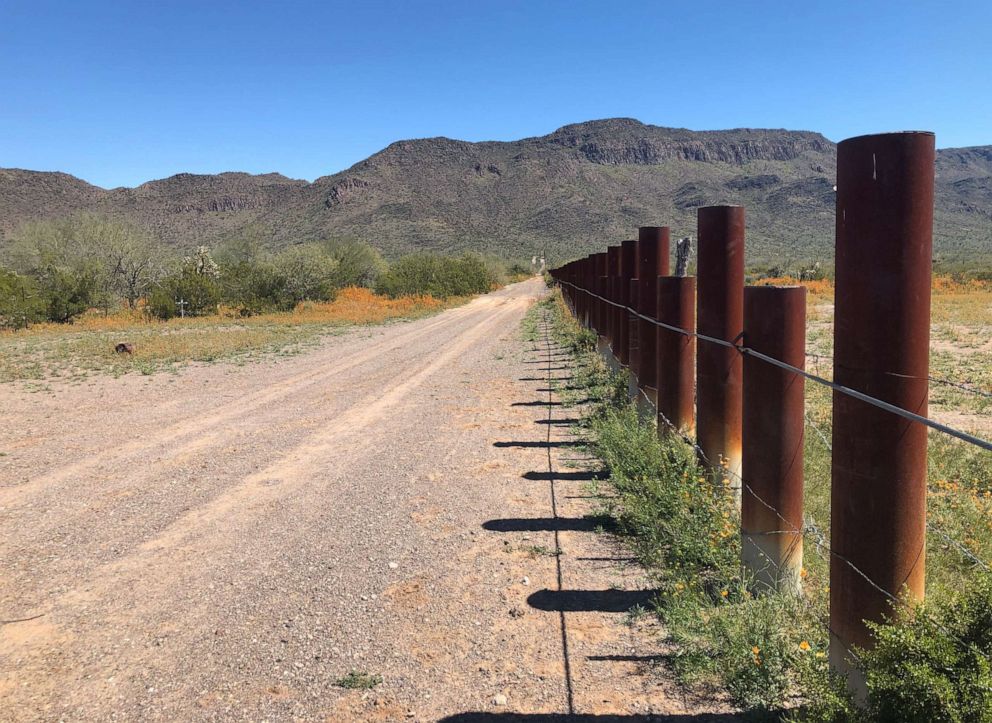
Buffeted by powerful forces on both sides of the border — and corrupted by complicity — some leaders fear that the crisis facing their nation is an existential one.
“We’re killing our own people,” David Garcia, a tribal elder, told ABC News, “We have to do something. And if we don’t do anything, then we’re just as much the problem as well.”
Over the course of a yearlong investigation, ABC News travelled to both Arizona and Mexico to conduct interviews with law enforcement officials, cartel soldiers and tribal members on both sides of the border, compiling a detailed portrait of the Tohono O’odham Nation and the challenges it faces airing Thursday on Nightline.
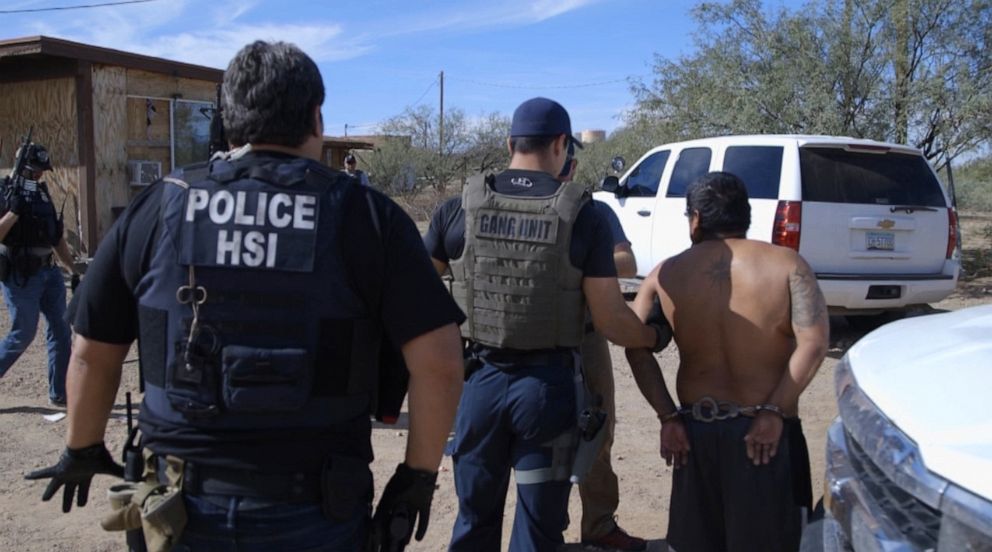
Amid a fierce national debate over border security driven by President Donald Trump’s persistent calls to build a wall between the United States and Mexico, it is clear at least that this little-known ancient civilization is caught in the crossfire, leaving its people frustrated and fearful.
“I worry for my grandchildren,” Jay Juan, a pastor in the reservation’s largest town Sells, told ABC News. “I worry for all the grandchildren on the O’odham nation.”
Standing on Baboquivari Peak — one of the most sacred places to the Tohono O’odham — tribal elder Garcia revealed a harsh truth about the people he was chosen to lead.
“It’s no secret,” Garcia said, “that a lot of our tribal members are involved in the smuggling of migrants and drugs.”
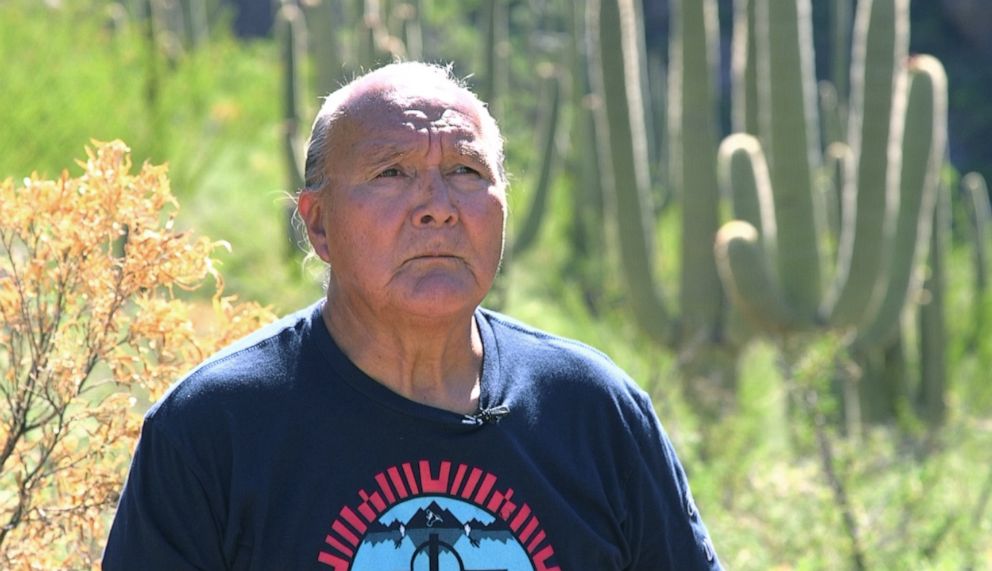
The Sinaloa Cartel, one of the world’s most powerful criminal enterprises, has taken advantage of endemic poverty on the reservation, he said, hiring tribal members as spotters, stash house operators, and transporters.
Garcia’s nephew Matthias lives in an area of Mexico that operates as a staging ground for much of the cartel’s cross-border smuggling. Stores there cater to migrants preparing to make the dangerous journey, selling — among other necessities — slippers with special soles that do not leave footprints.
Matthias would be a prized collaborator, because his tribal status allows him to cross the border freely, but he refused the cartel’s latest offer.
“Someone from one of the groups asked me if I could drive a truck with a hidden compartment onto the reservation and drop it off,” Matthias told ABC News. “And they were willing to pay me $10,000 just for [a] two-hour shift.”
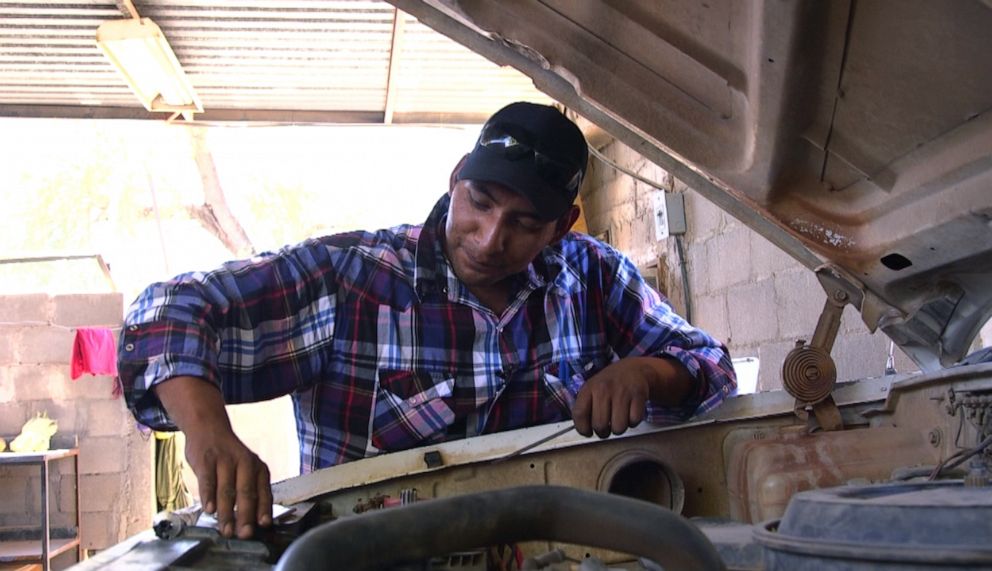
For many tribal members on the reservation, where more than 40 percent of people are living below the poverty line, the temptation is too great.
“Whether it’s my house or whichever house, you couldn’t go very far without finding another house where someone’s either been arrested, is involved or has been involved in that type of activity,” pastor Juan told ABC News. “It shouldn’t be that way.”
Juan knows how “the enticement of easy money” can lead to trouble. He used to run drugs on the reservation himself, and he fears that his children and grandchildren, in the absence of other opportunities, could stray down that path as well.
“I know personally, once you go down that road and then you’re caught, then you carry this thing called a felony around for the rest of your life,” Juan said. “That, in itself, closes doors.”
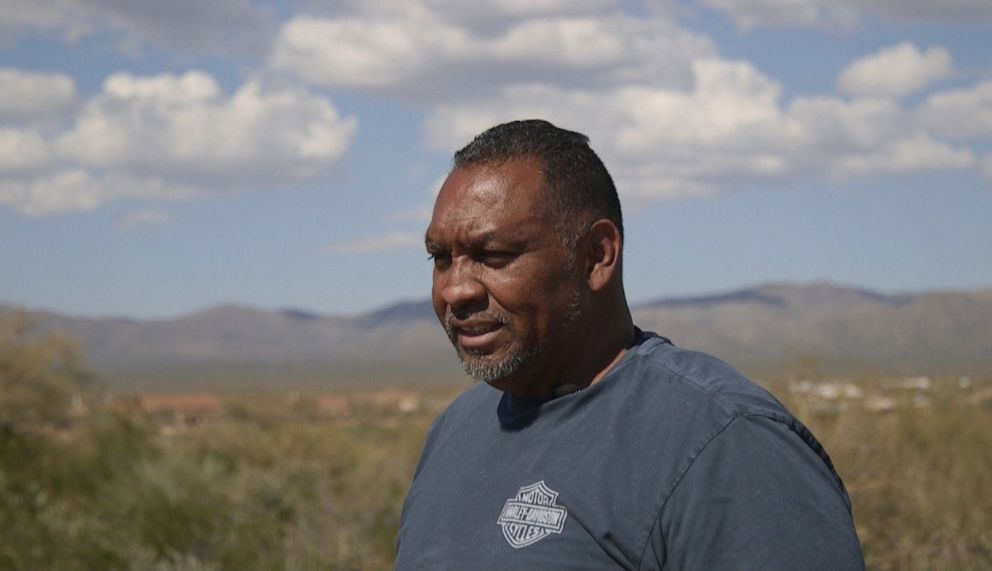
Matt Hall, the supervisory special agent for an Immigration and Customs Enforcement (ICE) task force that operates on the Tohono O’odham Nation, knows the problem is a complex one. He started his career on a small Native American reservation in Washington, giving him perhaps a more nuanced perspective on tribal communities than most in law enforcement.
“I think that there is a very deep-rooted involvement in smuggling. I think that it’s gone on for generations, so there are a lot of people that get involved in it,” Hall told ABC News. “Not only are we dealing with border issues, but we really have to balance the sovereignty, the culture, and all of those things that come with being on the reservation.”
That balance is, to say the least, delicate, and the significant federal presence on the reservation feels to some like an occupation, creating deep resentment among tribal members.
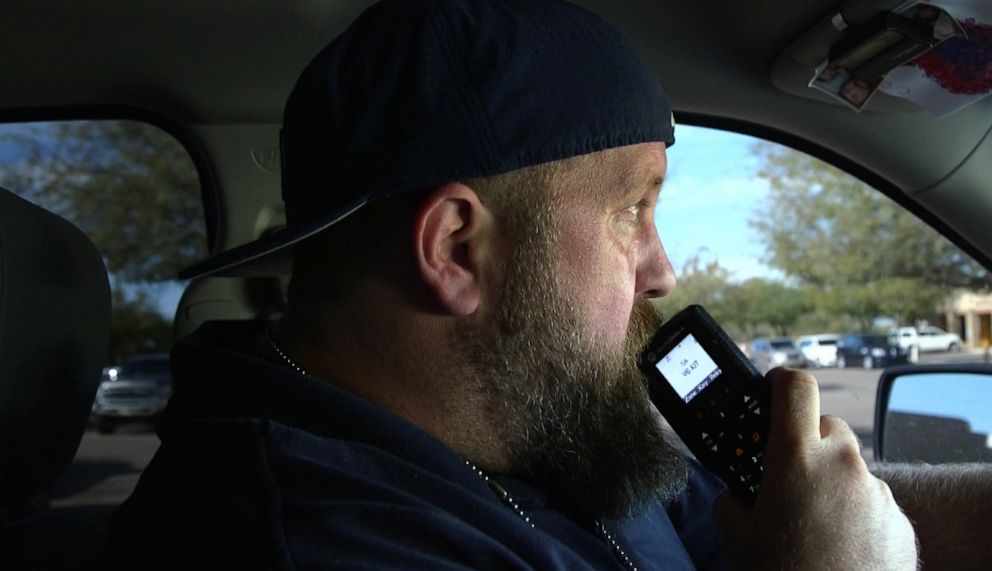
Ofelia Rivas, for example, has lived just a few hundred yards from the border her entire life, and she said her community feels trapped by the Mexican cartel on one side and U.S. law enforcement on the other.
“We are under siege,” Rivas told ABC News. “We’re always under constant surveillance, and also it makes us feel like we’re criminals on our own lands, and that we’re trespassing on our own lands.”
She has endured harassment by border agents who believed that she was an illegal immigrant, she said, but Trump’s proposed border wall would be intolerable.
“They’re proposing this wall, it’s gonna be right here in my backyard,” Rivas said. “And it’s gonna force me to move [from] here, where I was born.”
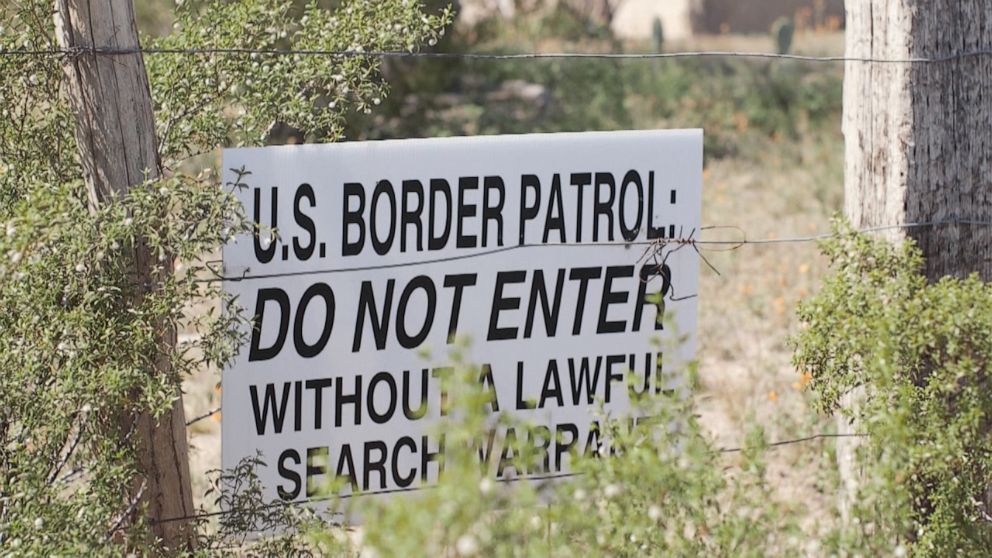
Many tribal members fear a wall would succeed only in further dividing their ancestral lands without addressing the systemic problems that make the widespread cartel cooperation on the reservation possible.
After all, according to Verlon Jose, vice chairman of the nation’s tribal government, there’s more than enough complicity to go around.
“The border security issues that we face are not created by the Tohono O’odham nation,” Jose told ABC News. “Maybe there are some of our members who may get tangled up in this web. …But the issues of border security are created by the drugs … The drugs that are coming through this nation are intended for your citizen[’s] towns across America.”
John Carlos Frey is a five-time Emmy Award-winning journalist who specializes in coverage of the U.S.-Mexico border.
ABC News’ Dylan Goetz and Jinsol Jung contributed to this report.




